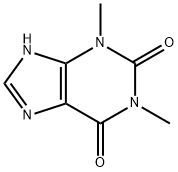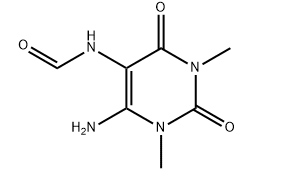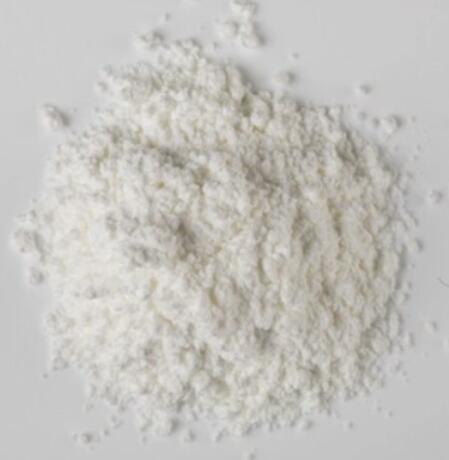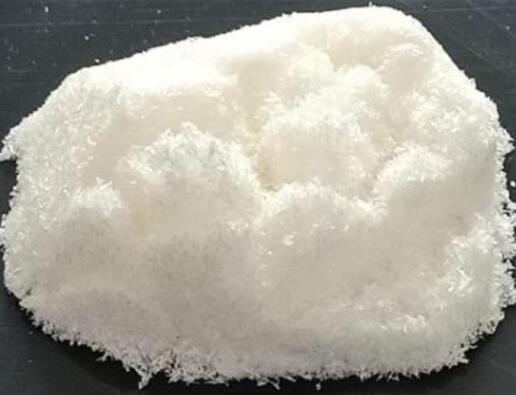What is most likely a side effect of theophylline?
Uses
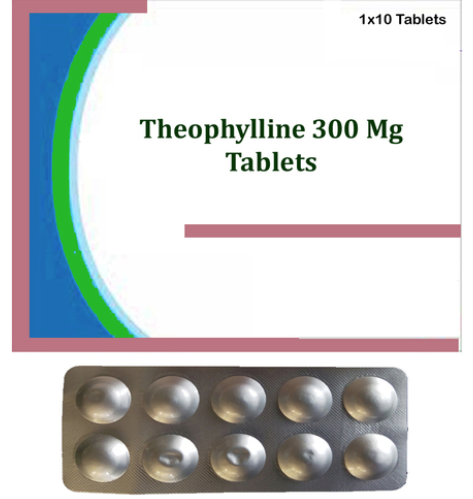
Theophylline is used with other medicines to treat the symptoms of asthma, bronchitis, emphysema, and other lung diseases. Theophylline belongs to a group of medicines known as bronchodilators. Bronchodilators are medicines that relax the muscles in the lungs' bronchial tubes (air passages).
Side effects
As with other methylxanthines, theophylline toxicity can lead to gastrointestinal distress, insomnia, and tremor. Reports also exist of severe nausea and vomiting, cardiac arrhythmias, hypotension, and convulsions, more commonly in cases of overdosage. Very large overdoses, such as those during suicide attempts, could potentially be lethal because of the development of arrhythmias and convulsions.
Activated charcoal may prevent absorption by adsorbing the drug in the intestine.
Beta-blockers could potentially help in reversing the severe cardiovascular toxicity caused by theophylline.
Intravenous benzodiazepines may abort seizures.
Advantages and disadvantages
Theophylline has been supplanted by the other classes of medication because it Has relatively weak bronchodilating properties And no clinically critical anti-inflammatory properties. It is difficult to use because of its numerous drug interactions, the need to monitor serum levels, and its low therapeutic-to-toxicity ratio.
The particular advantages of theophylline are that it is available in a pill form, which may improve compliance (as opposed to an inhaler, which requires attention to proper education and technique); it is relatively inexpensive; it is long-acting and could be beneficial overnight; and it does have anti-asthma properties.
Related articles And Qustion
Lastest Price from Theophylline manufacturers

US $1.00/KG2025-09-12
- CAS:
- 58-55-9
- Min. Order:
- 1KG
- Purity:
- 99%
- Supply Ability:
- 200000KG

US $0.00-0.00/kg2025-06-11
- CAS:
- 58-55-9
- Min. Order:
- 0.0001kg
- Purity:
- 99.99%
- Supply Ability:
- 200000t
